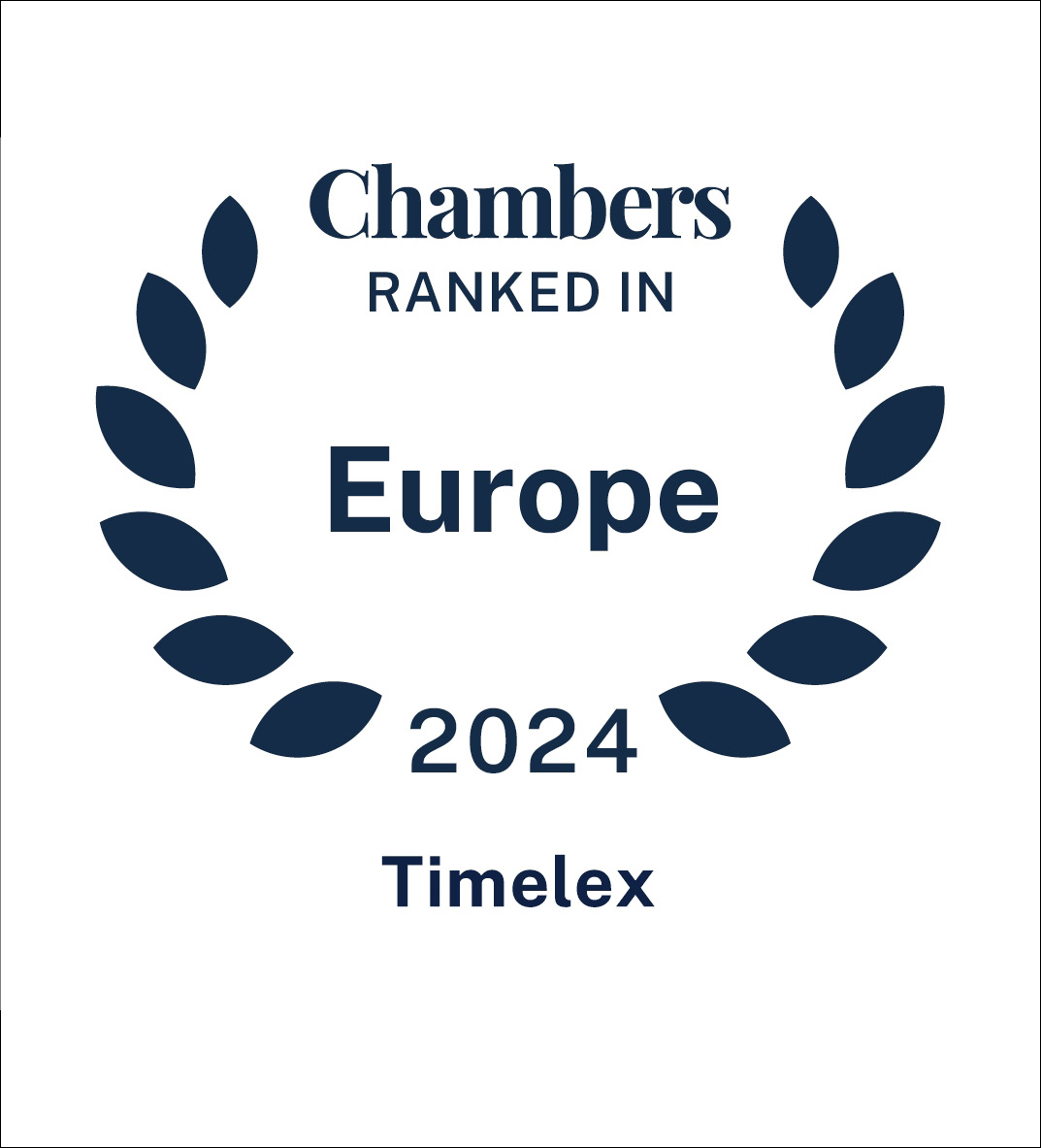Looking for?
TOLIFE
Chronic obstructive pulmonary disease (COPD) is a highly prevalent chronic condition. While COPD is a lung disease, it is mainly the exacerbations and extrapulmonary comorbidities which affect the quality of life, health care costs, and prognosis. The optimal COPD treatment needs to focus on both the characteristics and consequences of the lung disease itself and the diagnosis and treatment of comorbidities. The EU-funded project “Combining Artificial Intelligence and smart sensing TOward better management and improved quality of LIFE in chronic obstructive pulmonary disease” (“TOLIFE”) proposes to clinically validate an artificial intelligence (AI) solution to process daily life patient data captured by unobtrusive sensors to enable optimised personalised treatment, assessment of health outcomes and improved quality of life in COPD patients.
The main objectives of the TOLIFE project are as follows:
- To clinically validate an AI-based solution able to smartly process daily life patient-specific data captured by unobtrusive sensor technologies for optimised and personalised treatment, prediction of exacerbations, assessment of health outcomes and improved quality of life in COPD;
- To develop and implement analytics tools that process patterns of daily life patient-specific data, predict exacerbations, and assess the health outcomes and inform patients and caregivers on such health outcomes about treatment and lifestyle indications; and
- To develop a multisource platform for the collection and integration of daily life patient-specific data for supporting on going and future research on COPD monitoring and management.
In order to achieve its objectives, the TOLIFE project will also implement two clinical studies:
- One with about 150 patients, to collect and process daily life patient data captured by unobtrusive sensors for the AI tools development, and,
- Second with about 130 patients, to validate the effectiveness of the TOLIFE project to reduce the risk of exacerbations.
The TOLIFE AI-based approach has the potential to impact on a huge number of professionals and to improve the quality of their work, with the final goal of improving patient health and quality of life. In particular, the coordination between general practitioners and pulmonary specialists will be highly increased with the possibility to follow remotely multiple patients.
Our role
Timelex is acting as a legal advisor to the TOLIFE consortium partners, handling all legal and ethical issues related to the project, including GDPR and data protection compliance and legal and ethical challenges related to the use of AI.

Project details
More information about the TOLIFE project can be found on the project website: https://www.tolife-project.eu/ and the project page on the CORDIS website: https://cordis.europa.eu/project/id/101057103.
Funded by the European Union. This project has received funding from the European Commission’s Horizon Europe programme under Grant Agreement No. 101057103. Views and opinions expressed are however those of the author(s) only and do not necessarily reflect those of the European Union or the European Commission. Neither the European Union nor the granting authority can be held responsible for them.





